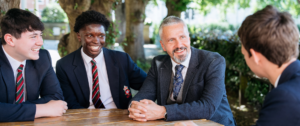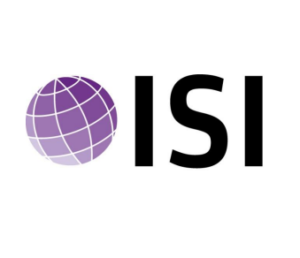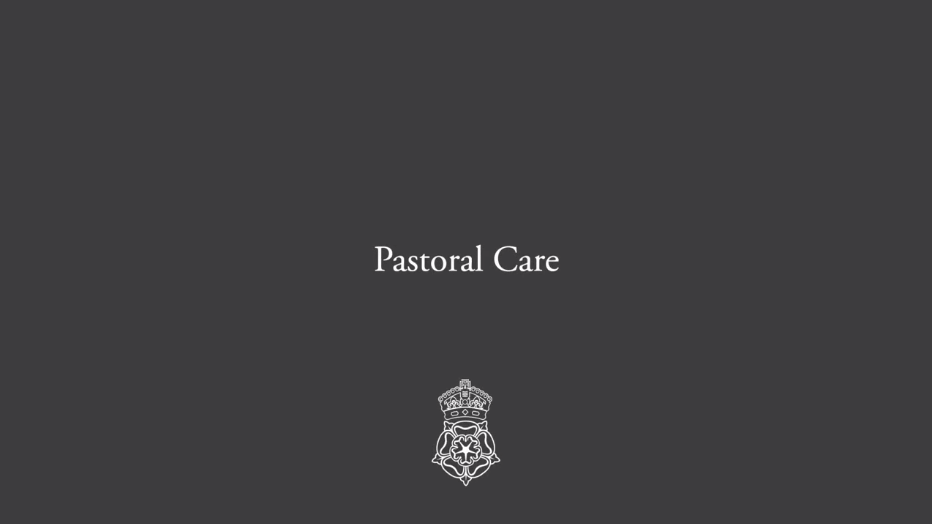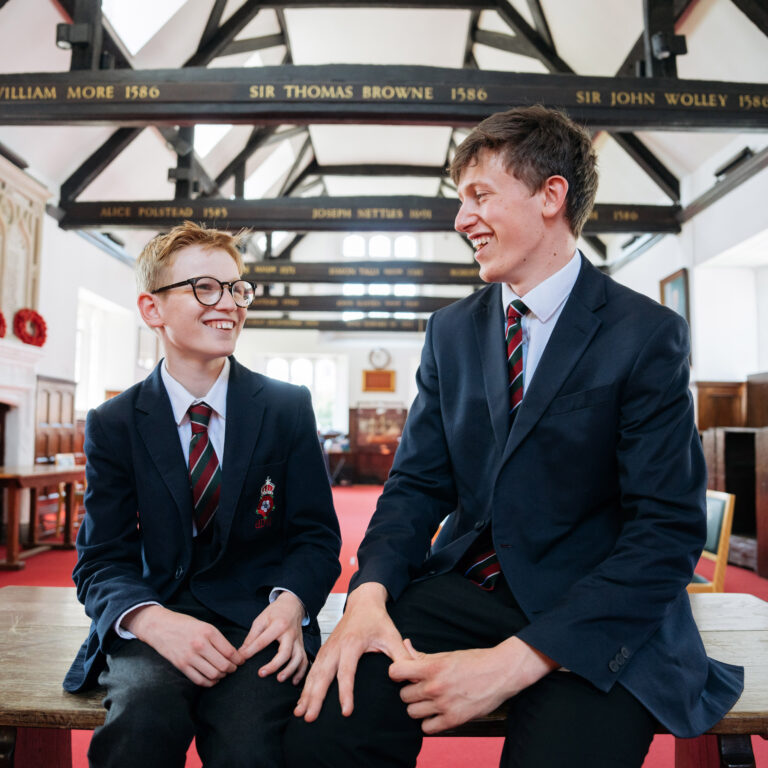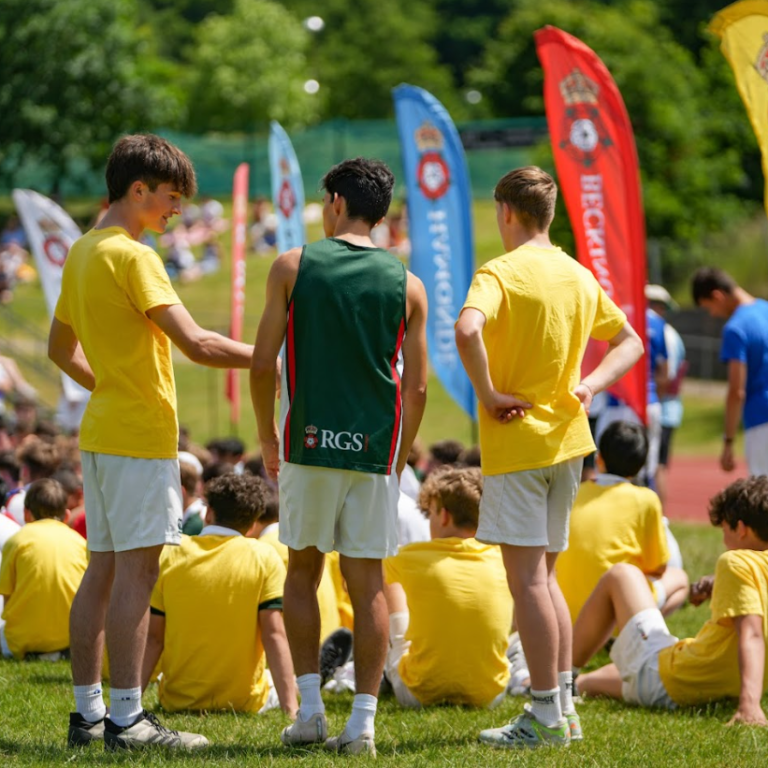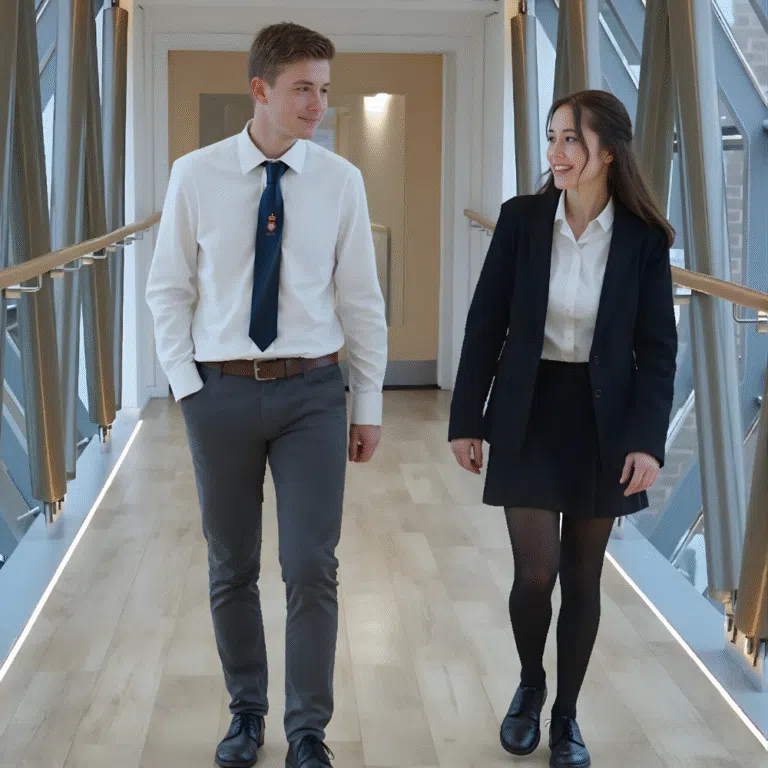Wellbeing and pastoral care are the very cornerstones of the RGS experience. Happy, confident students flourish and our staff have invaluable experience, as well as the necessary patience and compassion, to support every individual.
We place great emphasis on emotional and physical balance: working as a close partnership between our students, their parents and the School. By creating an open environment students feel they can discuss and receive help for any mental health issues.

